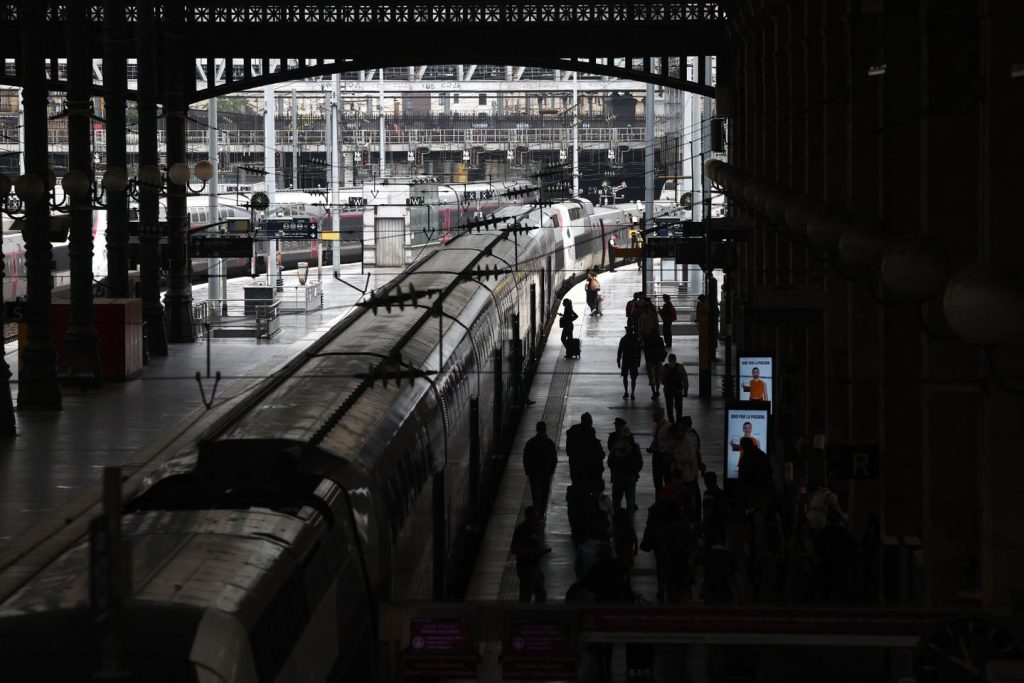In a recent article in Le Monde, researchers Timothée Duverger and essayist Erwan Ruty argue for the inclusion of working class individuals in ecological planning as the government of Michel Barnier cuts public funding for the transition. They stress the importance of engaging all sections of society in the transition to a more sustainable economy, highlighting the need to address the inequalities that exist in the current system. By integrating the perspectives and needs of the working class, they believe that a more inclusive and effective approach to environmental planning can be achieved.
Duverger and Ruty point out that while the government’s decision to cut aid to the transition may increase the burden on lower income individuals, it also provides an opportunity to rethink how ecological initiatives are designed and implemented. They argue that by involving the working class in the planning process, new perspectives and ideas can be introduced that may not have been considered otherwise. This inclusive approach not only benefits the environment but also has the potential to create new opportunities for the working class, such as job creation and skills development in green industries.
The researchers emphasize the importance of addressing the social and economic inequalities that exist within the ecological transition, as these disparities can hinder the effectiveness of environmental policies. By integrating the working class into the planning process, they believe that these inequalities can be addressed and potentially even reduced. They advocate for a more equitable distribution of resources and opportunities, ensuring that all members of society have access to the benefits of a sustainable economy.
Duverger and Ruty also highlight the need for education and awareness-raising among the working class about the importance of ecological issues and the potential benefits of transitioning to a more sustainable economy. They stress the role of government and other organizations in providing information and resources to help individuals make informed choices about their environmental impact and participate in the transition. By empowering the working class with knowledge and skills, they believe that a more sustainable future can be achieved for all members of society.
In conclusion, Duverger and Ruty make a strong case for the inclusion of the working class in ecological planning, arguing that this approach is essential for creating a more just and sustainable society. They call on the government and other organizations to prioritize the needs and perspectives of lower income individuals in the design and implementation of environmental policies, in order to ensure that the transition to a greener economy is inclusive and beneficial for all. By addressing the social and economic inequalities that exist within the current system, they believe that a more equitable and effective approach to environmental planning can be achieved.















